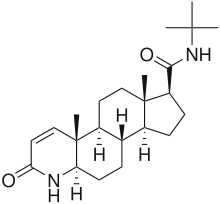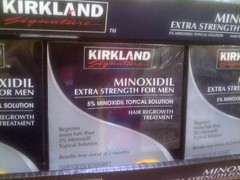 The current usage of physician-rating websites is still low but is increasing. International data show that 1 out of 6 physicians has been rated, and approximately 90% of all ratings on physician-rating websites were positive.
The current usage of physician-rating websites is still low but is increasing. International data show that 1 out of 6 physicians has been rated, and approximately 90% of all ratings on physician-rating websites were positive. What Percentage of Physicians Has Been Rated?
Data for US physicians obtained from RateMDs showed that 16% of physicians were assessed by January 2010 (112,000 out of approx. 700,000).
What Is the Average Number of Ratings on Physician-Rating Websites?
Nearly half of the physicians had only a single rating on RateMDs in 2010, and the number of physicians with five or more ratings was 12.5%
Although often a concern, the authors of this meta-analysis could not find any evidence of "doctor-bashing".
How Should Physicians Deal With Physician-Rating Websites?
Physicians should not ignore these websites, but rather, monitor the information available and use it for internal and external purpose.
Physicians should perform “self-audits” on popular physician-rating websites to search for available information. It may be helpful if a staff member monitors these sites on a regular basis.
If nothing else, physician-rating websites often provide incorrect demographic information (eg, incorrect address, links to old practices, opening hours), which should be corrected.
Physicians should use the ratings in order to evaluate their patients’ satisfaction. Patients’ true thoughts on what makes a good doctor, what they value, etc., can be understood.
In the case of negative reviews, it is best not to respond online to try to refute the negative review point by point.
What Recommendations Can Be Made for Improvement of Physician-Rating Websites?
Some authors discuss whether a simple One Feedback Question containing a single question such as “Would you recommend Dr X to a loved one?” may be as useful as the multitude of specific questions.
Alemi et al suggest a 2-question survey: the “Minute Survey”. The first question asks patients to rate their overall experience. The second question asks: “Tell us what worked well and what needs improvement”.
References:
Eight Questions About Physician-Rating Websites - JMIR 2013 http://bit.ly/12ifjXA
Image source: RateMDs.com.






